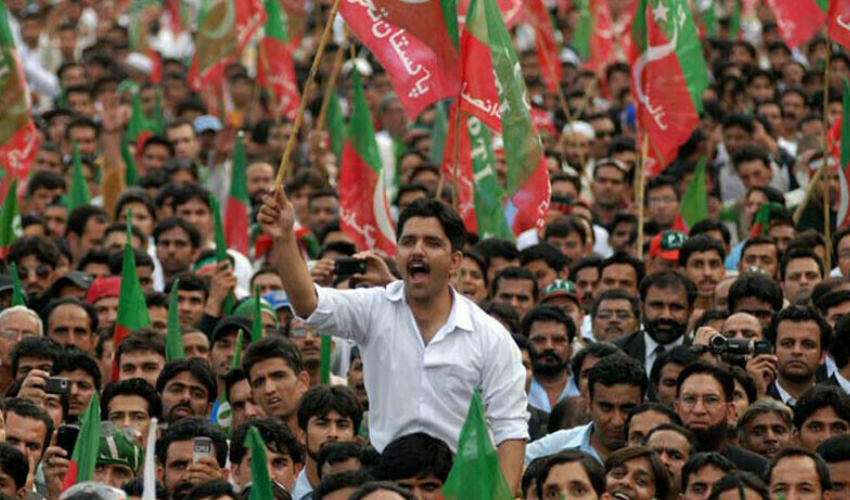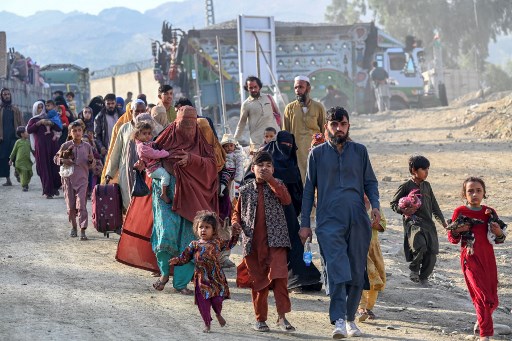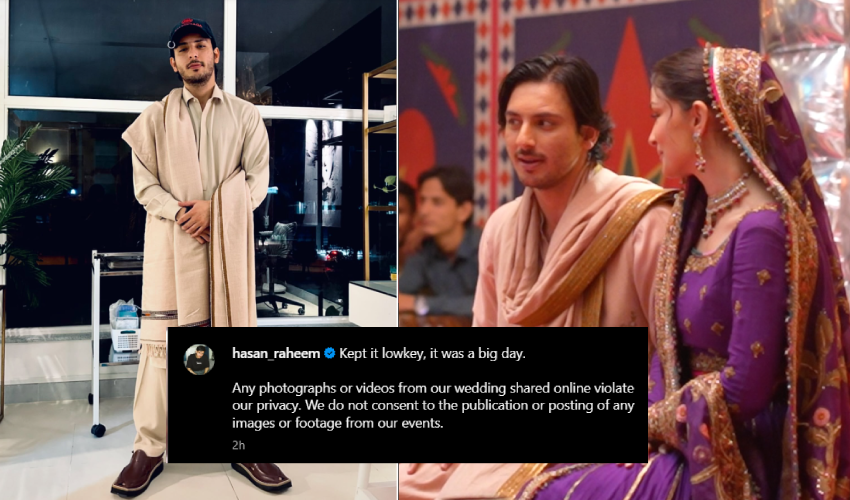The Pakistan Tehreek-e-Insaf (PTI) has called for protests across several cities in Punjab, prompting the government to impose Section 144 and tighten security in various districts to maintain law and order.
The protests come in response to the PTI’s demand for the release of their detained leaders.
In view of the PTI's protest call, Section 144 has been imposed for two days in several divisions, including Bahawalpur, Sahiwal, and Sargodha. The curfew restricts public gatherings and protests, and highways and roads have been blocked using containers to prevent movement.
Major routes leading into and out of Bahawalpur were sealed, with containers placed at strategic locations such as Qutubpur Toll Plaza and Mewati in Dunyapur, as well as at the Empress Bridge connecting Lodhran and Bahawalpur. Checkposts have been erected on five main highways leading from Lodhran to Bahawalpur.
In Mianwali, entry and exit points of the district have also been sealed, cutting the city off from surrounding areas. As part of the government's crackdown, mobile phone services have been suspended in Mianwali, though internet access is available via Wi-Fi and DSL services.
Faisalabad also witnessed heightened security measures. The city’s motorway interchange was sealed, and the police force has been deployed on all entry points to the city to restrict access to ordinary citizens, with convoys also banned.
All eight major markets in Faisalabad were shut down and sealed with barbed wire. Police also conducted raids across Faisalabad, arresting over 200 PTI activists, including two MPAs Ismail Seela and Hasan Niazi from Jhang Bazaar, as well as the brother of Sahibzada Hamid Raza. The arrests took place ahead of a planned PTI protest at Chowk Ghant Ghar.
Petition against Section 144
In response to these government actions, a petition was filed in the Lahore High Court by a citizen, Najiullah, challenging the implementation of Section 144 in various districts of Punjab. The petition argued that the Constitution of Pakistan grants citizens the right to peaceful protest, and the imposition of Section 144 was intended solely to suppress PTI’s protest movement.
The petitioner has requested the court to declare the notification of Section 144 null and void, as it infringes upon constitutional rights.



























